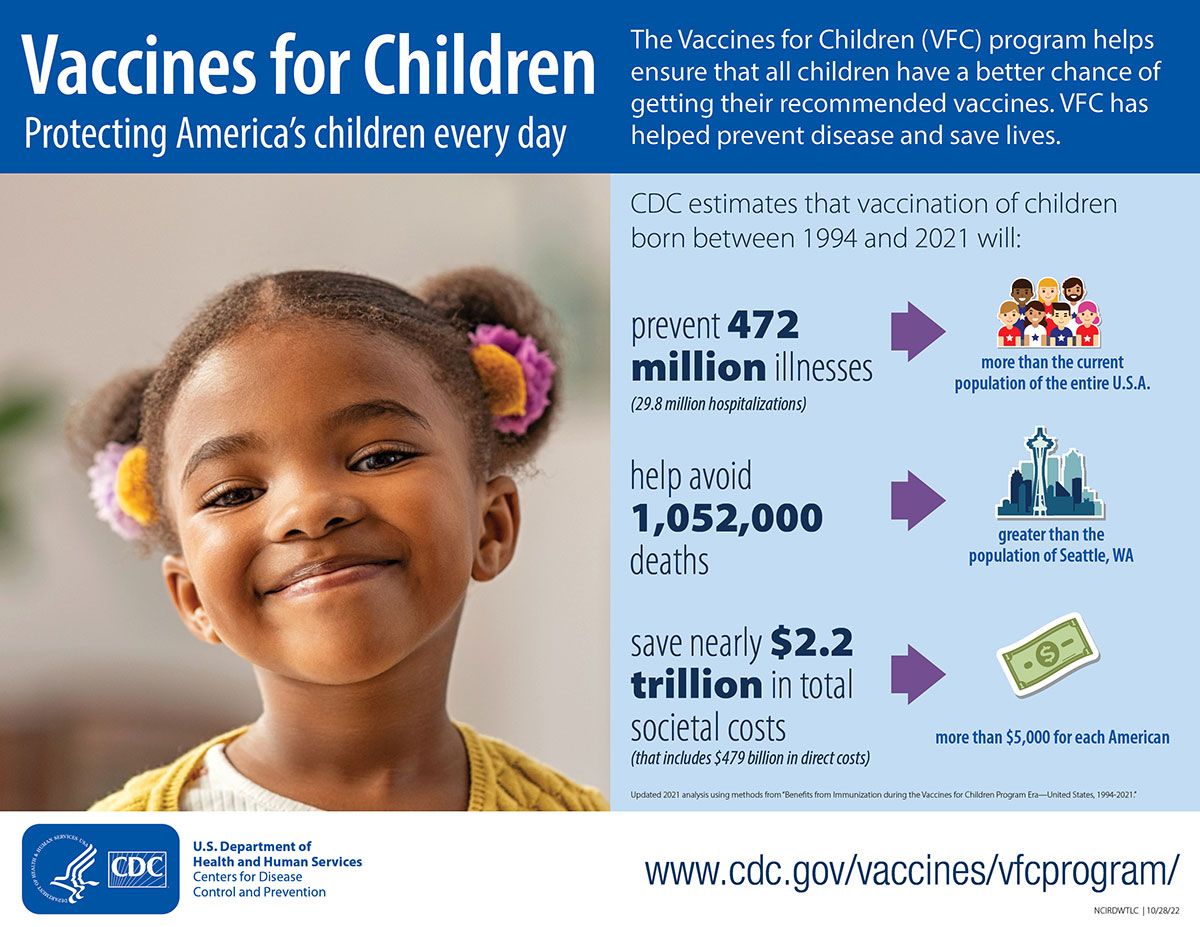Childhood vaccinations and immunization are crucial in preventing the spread of infectious diseases and ensuring the health and well-being of children around the world. Immunization helps strengthen the body's natural defenses, making it more resistant to harmful pathogens.
The Importance of Childhood Vaccinations
Vaccinations play a significant role in safeguarding children against preventable diseases. They work by stimulating the immune system to produce antibodies, which provide immunity without causing the actual disease. This process helps protect the child from various illnesses that might have severe consequences if contracted, such as measles, polio, mumps, rubella, pertussis, and many others. Childhood vaccinations have been instrumental in eliminating or reducing the incidence of life-threatening diseases globally. For example, thanks to widespread immunization programs, smallpox, a highly contagious and deadly disease, was successfully eradicated from the planet in 1980.
The Immunization Schedule
Childhood vaccinations and immunizations should follow a specific schedule recommended by healthcare professionals. The World Health Organization (WHO) and the Centers for Disease Control and Prevention (CDC) provide guidelines for vaccination timing and dosage. The schedule varies slightly from country to country, but generally, it starts at birth with vaccines against diseases like hepatitis B. Later doses are given at regular intervals, usually during well-child visits, to ensure adequate protection.
The Benefits of Childhood Vaccinations
Vaccines offer both individual and societal benefits. On an individual level, vaccines provide immunity to diseases, reducing the risk of illness, complications, and even death. By vaccinating children, we protect their health and well-being. On a societal level, widespread immunization leads to herd immunity. When a large portion of the population is immune to a particular disease, it becomes difficult for the disease to spread, protecting vulnerable individuals who may not be able to receive vaccines, such as newborns or those with weakened immune systems.
Addressing Concerns and Misconceptions
Vaccinations have been a subject of controversy, with misinformation and misconceptions spreading rapidly in recent years. Some concerned parents worry about potential side effects and the supposed link between vaccines and autism. However, extensive scientific research has repeatedly debunked these claims, confirming the safety and efficacy of vaccines. It is essential to address concerns and educate parents about the benefits of vaccinations so that they can make informed decisions for their children's health. Healthcare professionals play a vital role in dispelling myths, providing evidence-based information, and reassuring parents about the importance of childhood immunizations.
Conclusion
Vaccinations and immunization are essential tools in preventing the spread of infectious diseases and protecting children's health. They have proven to be highly effective, leading to the eradication or significant reduction of numerous diseases globally. By following the recommended vaccination schedule and addressing concerns, we can ensure a healthier future for our children. Disclaimer: This article is for informational purposes only and should not be considered medical advice. Please consult with a healthcare professional for personalized recommendations regarding childhood vaccinations.
